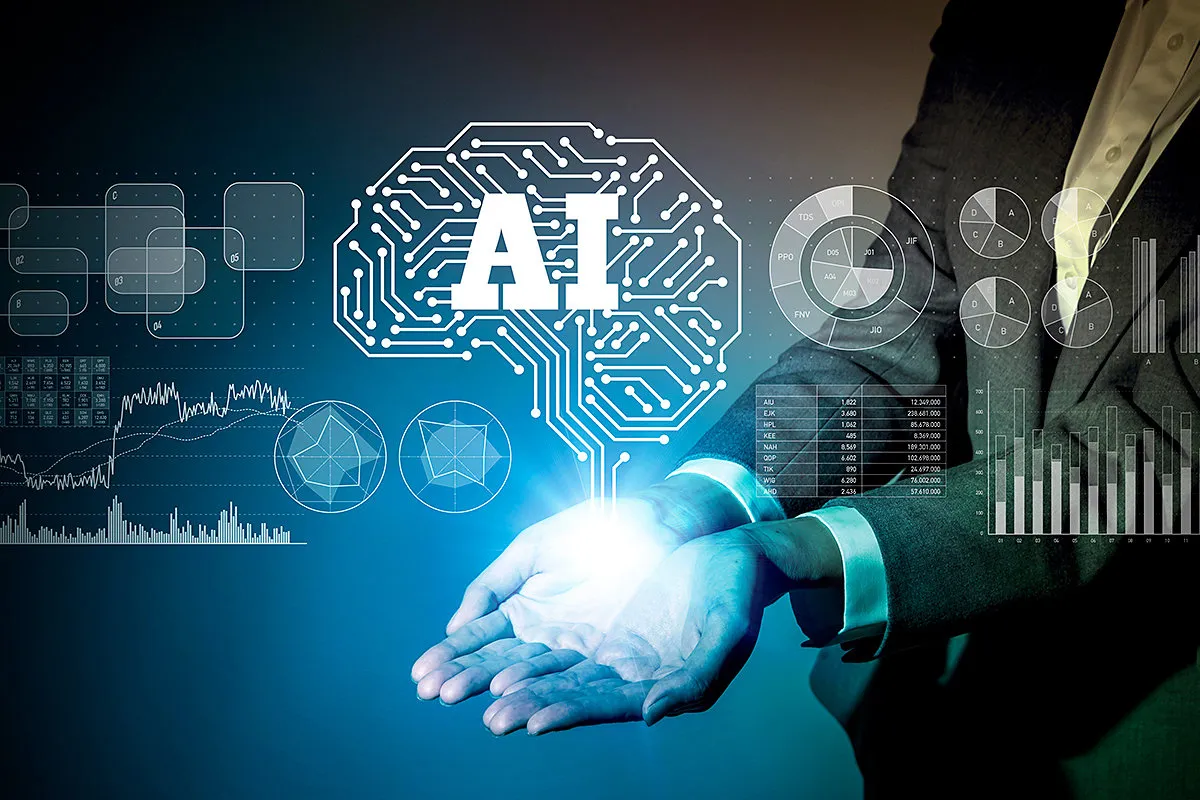RPA and AI undoubtedly create efficiencies, but with those efficiencies comes an added human responsibility: monitoring results and ejecting, if not preventing, biases.
It is clear that 2020 will bring forth a tipping point in enterprise adoption of smart automation – artificially intelligent software bots that work with human workers to automate manual, repetitive tasks. Prior to the COVID-19 pandemic, more than half of U.S. businesses were already using this technology in daily operations. As businesses and governments continue to respond to the pandemic and the economic aftermath, automation will be even more pivotal as the pace of maturity accelerates, and the global economy reacts to it.
According to the McKinsey Global Institute, automation and advances in artificial intelligence (AI) will lead as many as 375 million workers, or roughly 14 percent of the global workforce, to reskill themselves by 2030 – more applicable than before as industries look to speed their recovery. As we approach the universal implementation of AI and automation in the workplace, we must take urgent action to ensure workers are prepared for the digitally enhanced future of work in our new normal.
#from our experts #ethical ai #robotic process automation #ai
